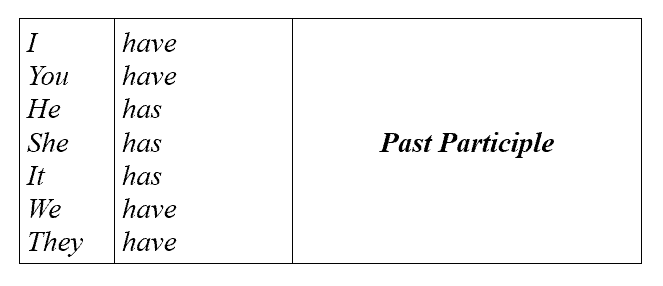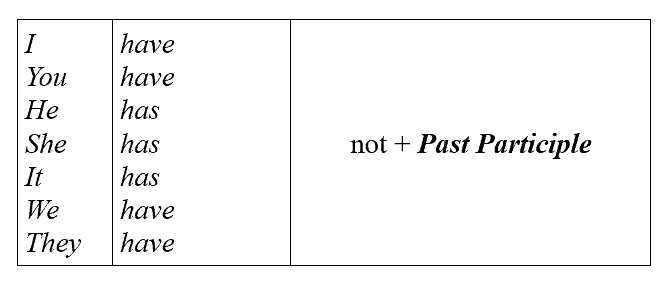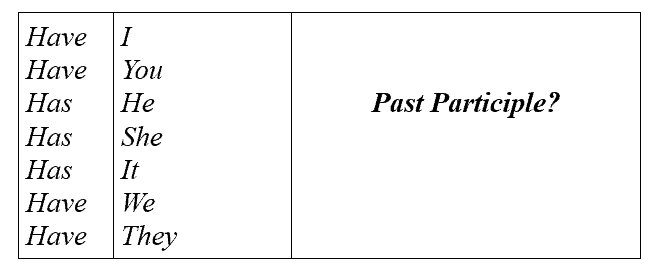Usare il Present Perfect può creare problemi anche agli studenti più esperti che di solito non sanno bene come e quando usare questo tempo verbale. Questo è anche uno degli argomenti di grammatica più trattati sia a scuola che nei corsi di inglese per studenti. Ma non temere: oggi ti insegnerò nel dettaglio come si forma e quando si usa, così non farai più errori e potrai vantarti di parlare come un vero madrelingua!
Gli usi del Present Perfect
Come si forma
* Ricorda: le forme contratte sia alla forma affermativa che negativa sono molto comuni nel linguaggio parlato.
Forma affermativa
E.g. I have been to China.
I’ve been to China.
He has been to China
He’s been to China
Forma negativa
E.g. I have not been to China
I haven’t been to China
He has not been to China
He hasn’t been to China
Forma interrogativa
E.g. Have you been to China?
Risposte brevi
- Yes, I have.
- No, I haven’t.
- Yes, he has.
- No, he hasn’t.
Quando usare il Present Perfect
-
Durata
Per parlare di azioni non completate, che iniziano nel passato e continuano nel presente.
I’ve been married since 2014.
I’ve known Pamela for 10 years.
(Spesso è usato con since e for).
-
Periodi di tempo non conclusi
I haven’t had a holiday this year.
I’ve had 3 cups of coffee this morning.
(Spesso è usato con this morning, this week, this year, today)
-
Risultati nel presente
I’ve lost my car keys, can you help me find them? (le chiavi sono state perse nel passato ma il risultato nel presente è che non posso aprire la portiera dell’auto)
-
Notizie o eventi recenti
A powerful earthquake has just hit California.
(Spesso usato con just, already, recently, yet)
-
Esperienze di una vita
I’ve never been camping.
Have you ever broken a bone?
(Spesso usato con never e ever)
Quiz time
1. I’ve cleaned the living room, but I ______ the bathroom yet.
A. has cleaned
B. haven’t cleaned
C. hasn’t cleaned
2. Have you ________ peruvian food?
A. ever eaten
B. never eaten
C. ate
3. My best friend __________ to many countries in South America.
A. has went
B. has never
C. has been
RISPOSTE
1.B /2.A / 3.C











